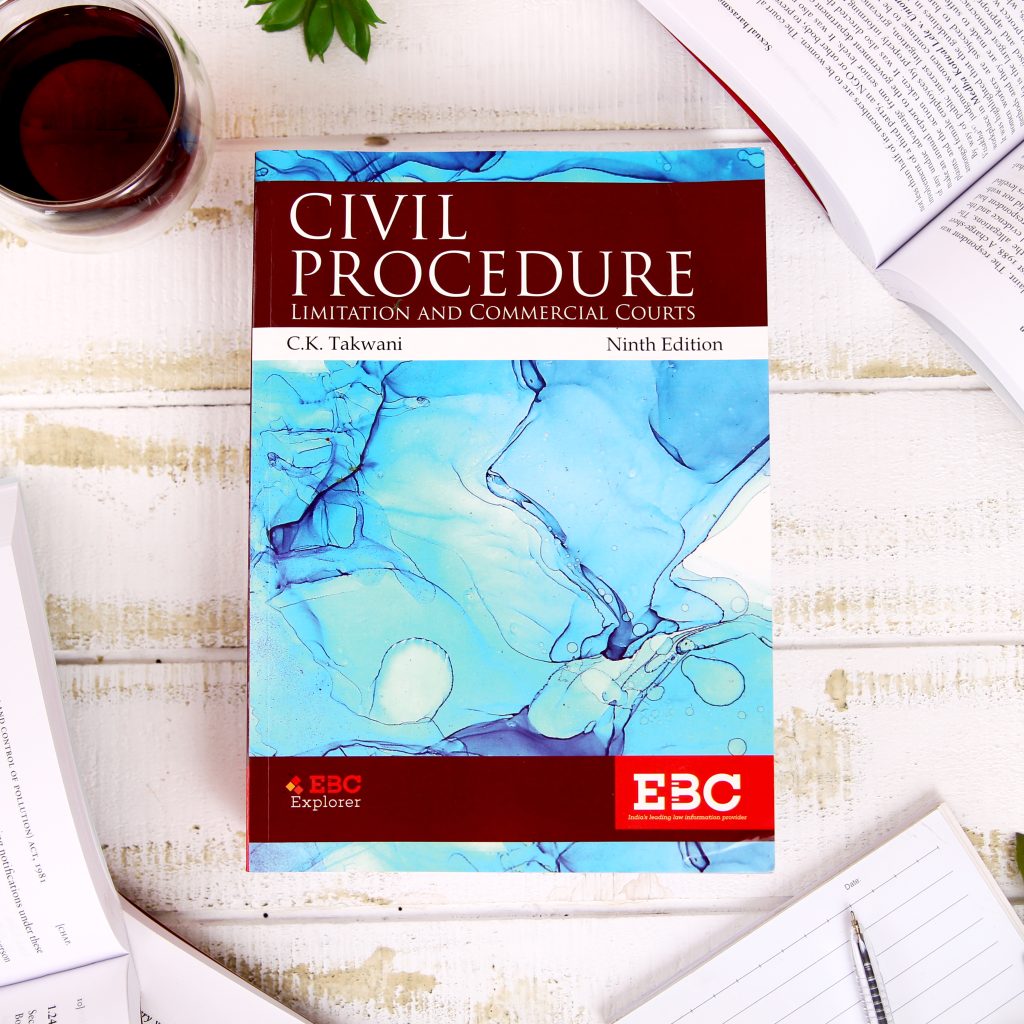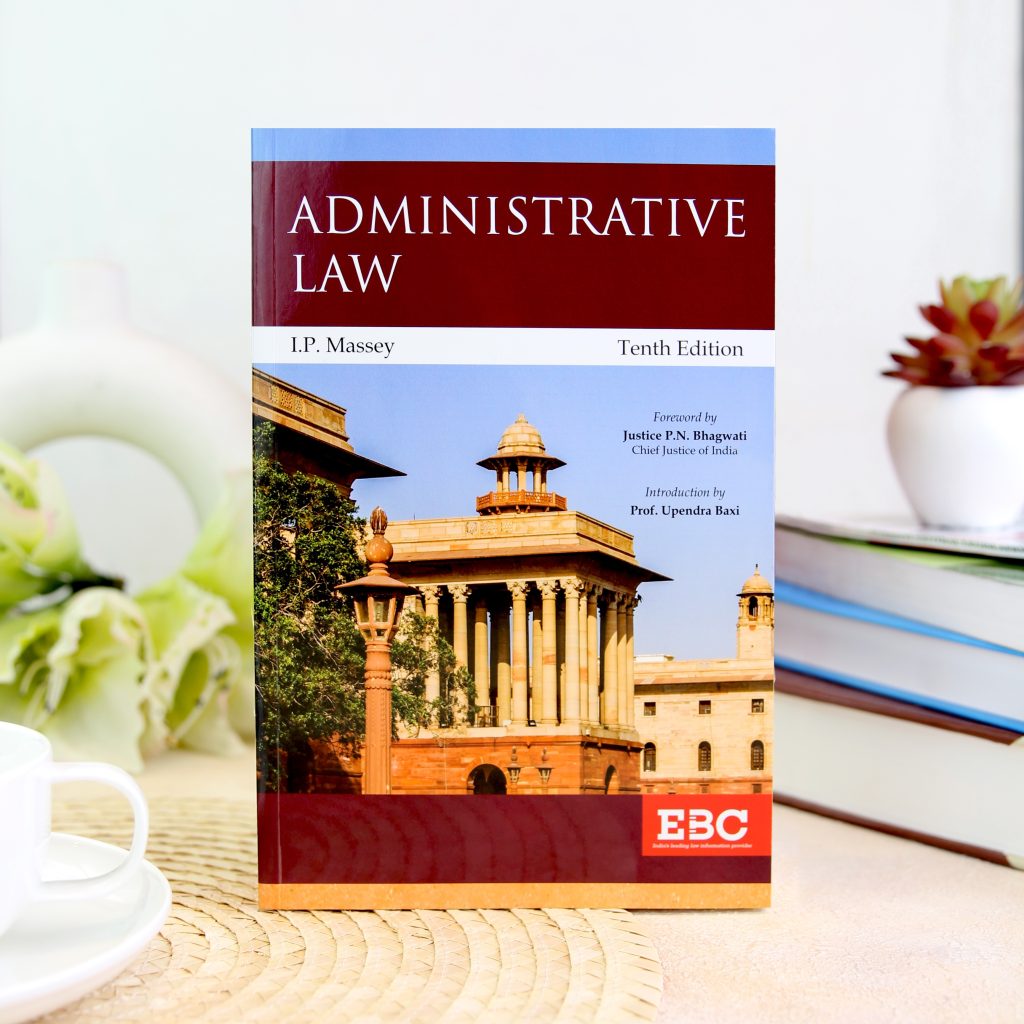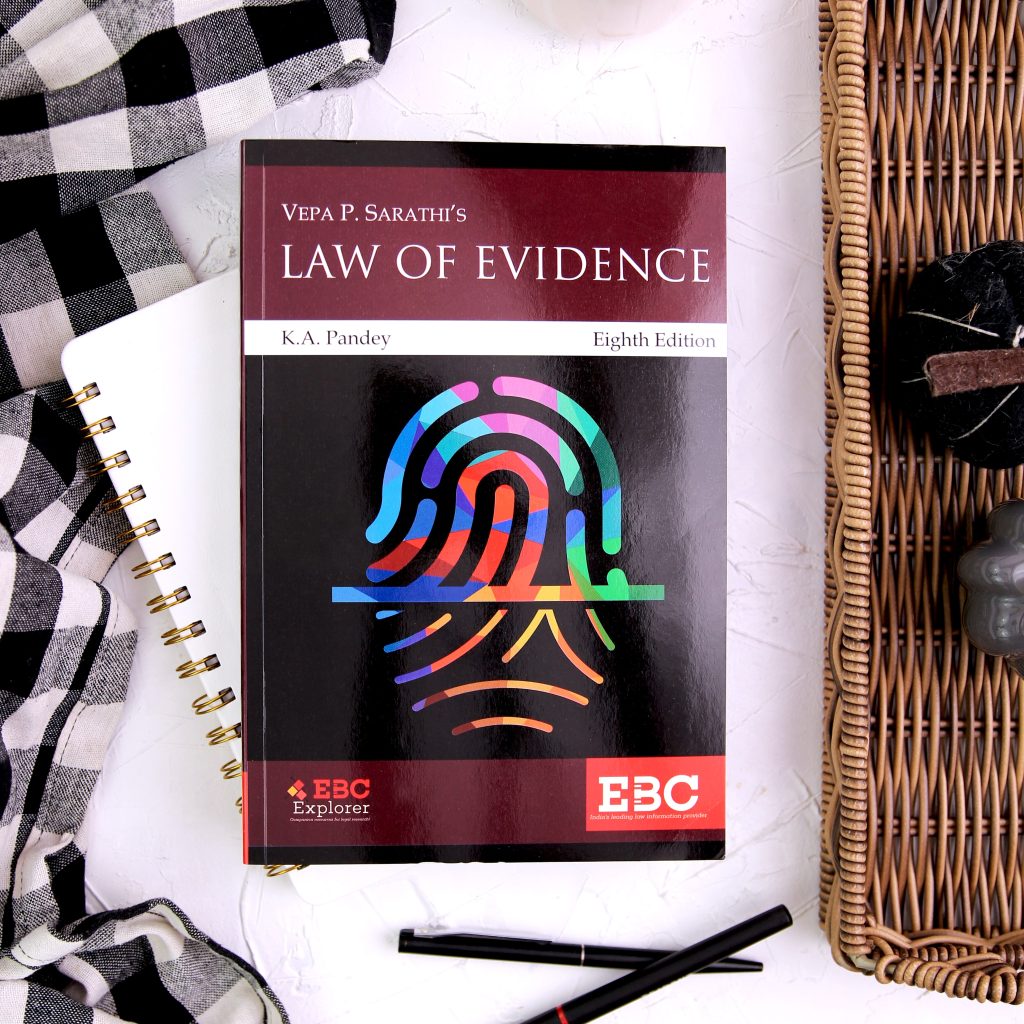In the dynamic and ever-evolving field of law, staying updated with legal principles, precedents, and case laws is crucial for a successful lawyer. Books serve as invaluable resources that offer in-depth knowledge and insights into various aspects of the legal system. This article presents the top 10 legally recommended books, curated specifically for aspiring and practicing lawyers in India. These books cover a wide range of legal topics, providing comprehensive guidance and enhancing the skills necessary for a thriving legal career. Whether you are a law student, a junior associate, or a seasoned professional, these books will undoubtedly contribute to your professional growth.

Civil Procedure Code by C.K. Takwani provides an interesting and lucid study of the fundamental principles of civil procedure in a logical sequence. The topic-wise treatment of the subject along with references to academic writings and judicial decisions makes the study of civil procedure more meaningful and comprehensible. This book explains complex legal concepts with clarity and coherence as well as covers all aspects and dimensions of law relating to Civil Procedure and Limitations in India.

Administrative Law by I.P. Massey:
The book contains a detailed examination and an elaborate discussion of the principles of administrative law. It includes recent major developments in the field of administrative law and covers exhaustively all major judicial pronouncements which seek to strengthen procedural and substantive safeguards vis-a-vis the administration. The author takes a critical look at the principles of administrative law, showing how they operate in relation to the executive and the citizen. Special emphasis has been made by the author on remedial issues.

Vepa P. Sarathi’s Law of Evidence is a classic work on the subject that clarifies and explains the complicated rules governing the law of evidence in a straightforward and easily comprehensible style. While maintaining the flair of this admired work, the revising author has updated the current edition of the book with the latest case law and statutory changes which have taken place since the last edition.
The book will be immensely useful for students of the LL B and LL M courses, public prosecutors, law teachers, and members of the Bench and the Bar.

Indian Penal Code by C. K. Takwani explains the provisions of the Code (IPC) in simple and lucid language. IPC is the major substantive law of crime in India, which defines the various offences and provides punishment for them.
In the last few years, the Supreme Court has delivered judgments having far-reaching consequences on crimes relating to rape, unnatural offences, adultery, defamation, etc. The book covers these judgments with a critical eye and analytical approach. This book will prove to be immensely useful to law students, academicians, lawyers, and anyone interested in learning about the Indian Penal Code.

The book provides a thorough study of all the new concepts and changes made in Company Law since 2013, including topics such as the requirement of minimum share capital, related party transactions, audit committees, clause 49 of the listing agreement, etc. This book has been updated with the latest provisions regarding special resolutions, use of the common seal, class action suits, shareholder’s rights, provisions for corporate social responsibility, etc.

K.N.C. Pillai’s General Principles of Criminal Law is a well-established work that presents the principles of criminal law through the case method. It is the first work of its kind to dispel the convention of confining this area of study to the four walls of the statutory regime.
This landmark work will be indispensable to students of LL.B. and LL.M. and anyone teaching or learning the basic principles of criminal law.

V. N. Shukla’s Constitution of India has proven itself, over thirteen editions, to be the most authoritative and respected academic book on the Constitution of India. Its authoritative exposition of the law has established it at the foremost rank of classical legal textbooks.
This book has been an ideal study and reference companion for students and practitioners alike and is frequently cited by courts. This book will be immensely valuable for law students, professors, judges, practitioners, government officials, NGOs, and anyone interested in learning about Indian Constitutional law.

Arbitration and Conciliation, A Commentary by Saurabh Bindal and RV Prabhat
The fundamental aim of this book is to provide its readers with a snapshot of how, when, & where arbitrations are conducted in India. This book provides its readers with useful nuggets to provoke their thoughts on each section of the Arbitration and Conciliation Act. Supported by case law, the book provides an overall insight into the world of arbitration in India. This book will be of assistance to lawyers, Judges, teachers, & researchers in building an understanding of the law related to arbitration in India.

Avtar Singh’s Law of Contract and Specific Relief is an authoritative and most sought-after book on the subject. The book deals with the intricacies of contract law in a straightforward and lucid style. It covers many new developing areas in contract law which are of practical and academic importance.
This work reveals the rich experience and pragmatic approach of the author, which renders the book indispensable for the legal fraternity and students alike. The book is greatly admired and read by students, lawyers, judges, academicians, and researchers and has been extolled by reviewers in India and abroad.

Dr. Talat Fatima’s Cyber Crimes has been thoroughly revised with updated statutes, case laws, and analysis of a new league of cybercrimes that have come into existence in the past few years. The book contains detailed chapters on Pure Cyber Crimes, Intellectual Property Crimes, Cloud Computing, Internet Banking, Electronic Signatures, etc. which have been thoroughly updated with the latest developments. The author has also touched on the latest innovations like the Internet of Things, Blockchain Technology, Cryptocurrency, etc. in this edition. New concepts like 5G technology and artificial intelligence have been explained in a lucid manner for her readers to understand easily.
Conclusion: These top 10 legally recommended books cater to the needs of lawyers in India, covering various aspects of law ranging from constitutional law to company law. By reading and understanding these books, aspiring and practicing lawyers can enhance their knowledge, refine their skills, and navigate the complexities of the legal profession. Remember, continuous learning is a key factor in achieving success as a lawyer, and these books serve as invaluable resources on your journey to professional excellence.

